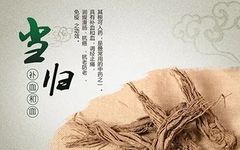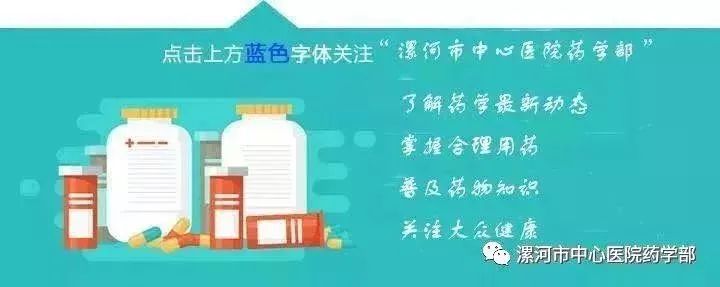

It is a treasure in its entirety, praised as a sacred herb for women;
It is a food and medicine combined, capable of creating millennia of deliciousness;
It is an affordable authentic medicinal material for consumers;
So what kind of miraculous herb is it? –Angelica Sinensis!
Throughout history, among the thousands of medicinal substances, Angelica Sinensis (Dang Gui) is one of the most commonly used traditional herbs, known as the “King of Herbs” and “the herb that returns to all directions.” Famous formulas such as Si Wu Tang (Four Substance Decoction) and Dang Gui Bu Xue Tang (Angelica Sinensis Blood Nourishing Decoction) cannot be separated from Dang Gui. Many Chinese patent medicines like Wu Ji Bai Feng Wan, Si Wu Yi Mu Wan, and Ba Zhen Yi Mu Wan also contain Dang Gui, which is often referred to as the “sacred herb for women.”
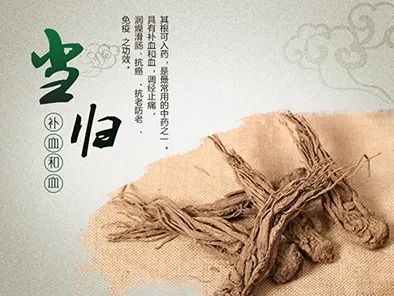
Angelica Sinensis is the dried root of the plant Angelica sinensis (Oliv.) Diels, primarily produced in Gansu Province, particularly in Min County, known as the “thousand-year medicinal hometown” and “the hometown of Chinese Angelica.” It is one of the main production areas of authentic Chinese medicinal materials. Dang Gui was first recorded in the Shen Nong Ben Cao Jing (Shen Nong’s Classic of Materia Medica) and classified as a superior herb. Dang Gui has a sweet and pungent flavor, and a warm nature, with functions of nourishing blood, activating blood circulation, regulating menstruation, alleviating pain, and moistening the intestines to relieve constipation. The chloasma and butterfly spots that appear on women’s faces are actually manifestations of blood stasis. Dang Gui can treat gynecological blood stasis diseases through its blood-activating properties, promote smooth blood circulation, and improve complexion, making one look radiant like a peach blossom. Sun Simiao recorded in the Qian Jin Yi Fang that Dang Gui is an anti-aging, spot-reducing, and beauty-enhancing “herb for women’s faces.”
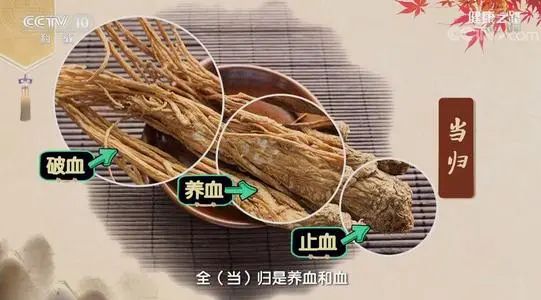
 Angelica Sinensis is a treasure!
Angelica Sinensis is a treasure!
The head of Dang Gui stops bleeding, the body nourishes blood, and when blood is deficient, the body can use Dang Gui to improve complexion; the tail of Dang Gui promotes blood flow and invigorates blood. The term “Dang Gui” means it can both nourish and invigorate blood. Dang Gui is suitable for individuals with a cold and deficient constitution, characterized by fatigue, dizziness, forgetfulness, pale tongue, and insomnia. A dietary therapy using Dang Gui is Dang Gui Sheng Jiang Yang Rou Tang (Angelica Sinensis, Ginger, and Lamb Soup) (lamb 250g, Dang Gui 20g, ginger 20g), derived from the Jin Gui Yao Lue, which has the effects of warming the middle, replenishing deficiency, nourishing qi and blood, dispelling cold, and alleviating pain, suitable for those with cold deficiency and some cases of excess cold dysmenorrhea.
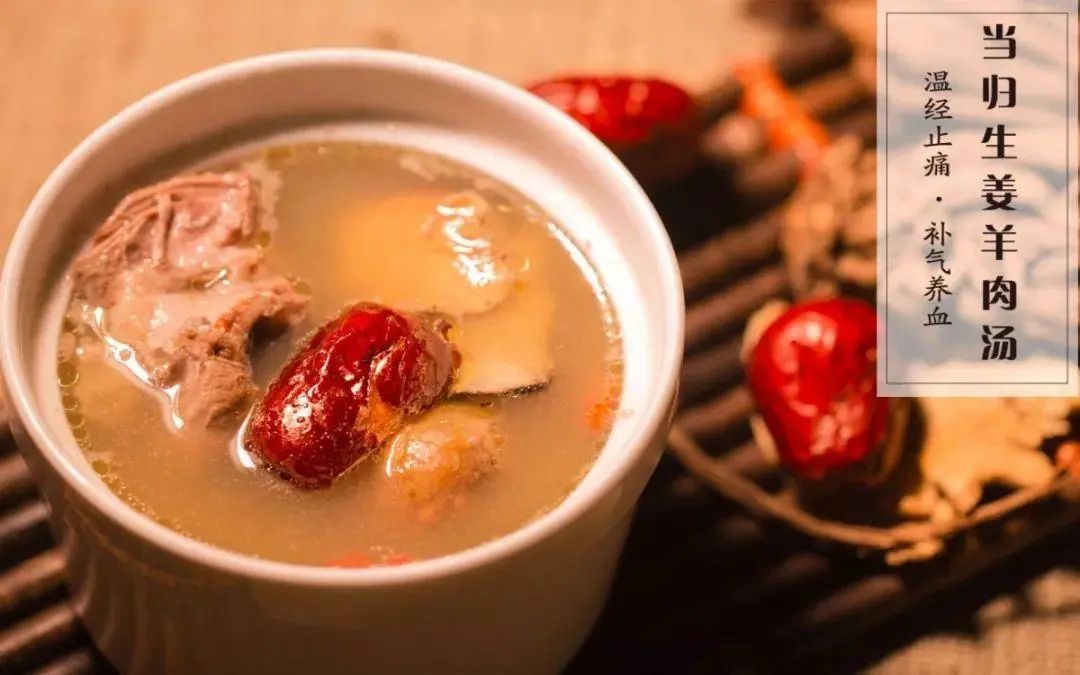
 How to choose the quality of Dang Gui?
How to choose the quality of Dang Gui?
The quality of Dang Gui can be identified from three aspects. First, observe the color; it is best to choose coffee-colored Dang Gui, as it contains Dang Gui oil, and the color, especially after slicing, is very dark, appearing coffee-colored. If the exterior is yellowish-brown, it may be “sulfur Dang Gui“, which could be moldy or over-sulfur-treated Dang Gui; second, smell the aroma; if the medicinal scent of Dang Gui is strong and can be smelled without close proximity, it indicates good quality. If it has been treated with sulfur, the smell will be very pungent; finally, taste it; good Dang Gui has a sweet aftertaste, while sulfur-treated Dang Gui tastes sour.
—END—
Editor: Rong Xiaozhe
| Copyright statement: This public account is purely for public welfare. We focus on sharing, and some articles and images are sourced from the internet, with copyright belonging to the original authors. If there are any objections, please inform us, and we will delete them promptly. |
Issue No. 689
Please stay tuned



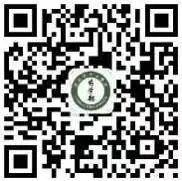 Pharmacy Department of Luohe Central Hospital Long press the QR code to follow The pharmacist is right beside you
Pharmacy Department of Luohe Central Hospital Long press the QR code to follow The pharmacist is right beside you

